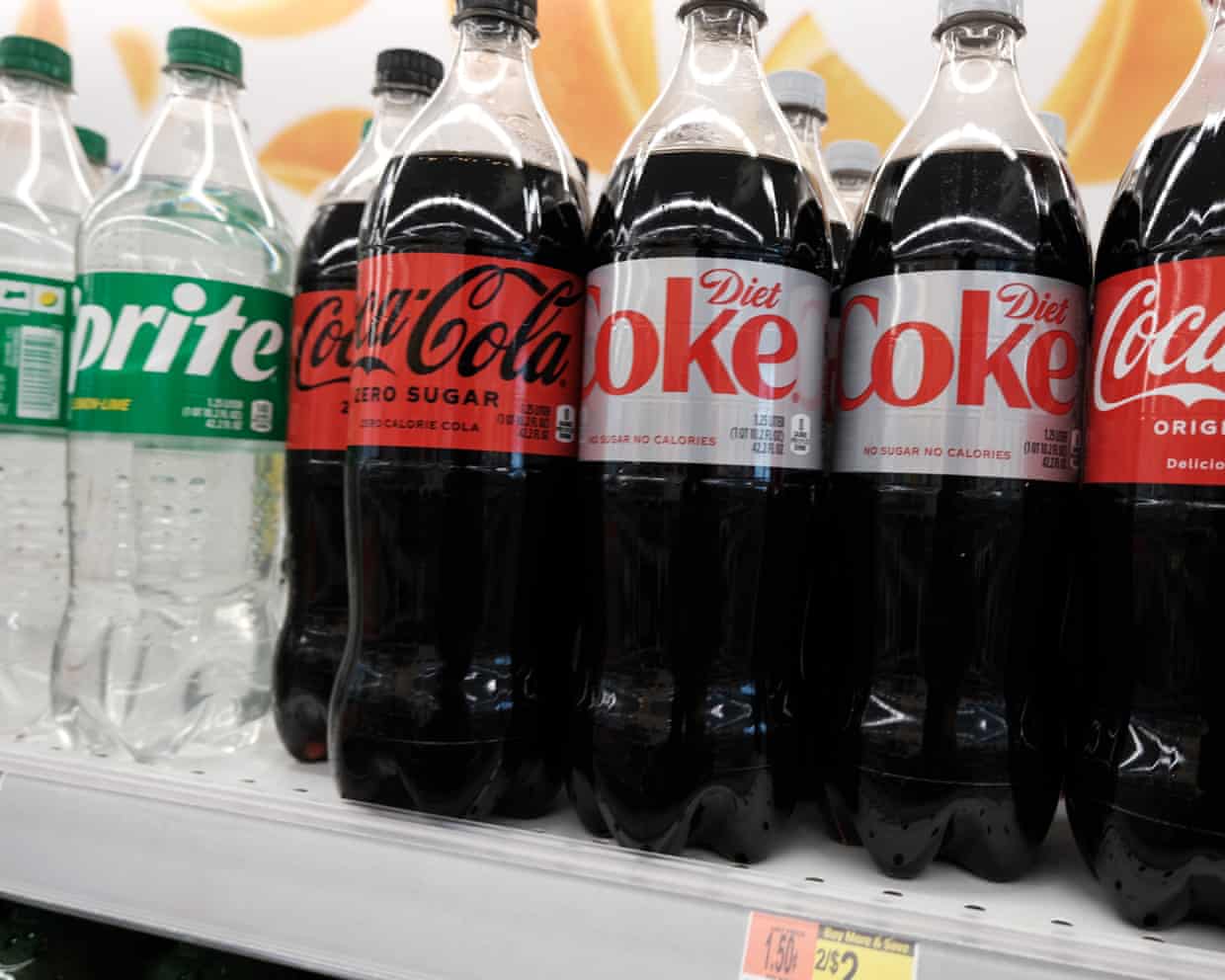Science
Study Links Sweeteners to Cognitive Decline Equivalent to Aging

Research indicates that the consumption of artificial sweeteners, commonly found in products like yoghurts and fizzy drinks, may significantly impair cognitive health. A study involving 12,772 civil servants in Brazil suggests that high intake of sweeteners such as aspartame and saccharin correlates with a 62% faster decline in cognitive abilities, equating to a cognitive aging effect of approximately 1.6 years.
The research, led by Claudia Kimie Suemoto from the University of São Paulo, emphasizes the potential long-term harm sweeteners may pose to cognitive function. The study’s findings highlight that individuals consuming the highest amounts of low- and no-calorie sweeteners (LNCs) experienced a more rapid deterioration in memory and thinking skills.
According to the study published in the American medical journal Neurology, the participants, who had an average age of 52, were tracked over an average of eight years. They completed detailed questionnaires about their dietary habits and underwent cognitive assessments, including verbal fluency and word recall tests.
Findings Raise Concerns Over Sweetener Consumption
The results revealed that daily consumption of LNCs was associated with accelerated declines in cognitive functions, particularly in individuals under the age of 60. Sweeteners such as aspartame, saccharin, and sugar alcohols like xylitol and erythritol were specifically noted for their negative impact.
“Our findings suggest the possibility of long-term harm from low- and no-calorie sweeteners consumption, particularly artificial LNCs and sugar alcohols, on cognitive function,” the researchers concluded. The implications of these findings suggest that consumers should consider alternatives like tagatose, honey, or maple syrup instead of traditional sweeteners.
Previous research has linked artificial sweeteners to various health issues, including type 2 diabetes, certain cancers, cardiovascular problems, and even mental health disorders such as depression. The association with cognitive decline raises additional concerns about the long-term impacts of sweeteners on brain health.
Industry Response Challenges Study Validity
Despite the concerning findings, industry representatives have expressed skepticism regarding the study’s conclusions. Gavin Partington, director general of the British Soft Drinks Association, remarked, “By the authors’ own admission, this study cannot prove cause.” He emphasized that non-sugar sweeteners have been deemed safe by leading health authorities globally and have played a role in reducing sugar content in food products significantly. Partington noted that since 2015, UK manufacturers have removed nearly 750 million kilograms of sugar from products through the use of these sweeteners.
The International Sweeteners Association also weighed in, stating that there is an “established scientific consensus” regarding the safety of sweeteners. They pointed out that this observational study can only indicate a statistical association and does not establish a direct cause-and-effect relationship between sweetener consumption and cognitive decline.
As the debate continues, the findings of this study serve as a pivotal reminder for consumers to reassess their dietary choices, particularly regarding artificial sweeteners. The potential implications for public health underscore the need for further research into the long-term effects of these widely consumed additives on cognitive health.
-

 Education3 months ago
Education3 months agoBrandon University’s Failed $5 Million Project Sparks Oversight Review
-

 Science4 months ago
Science4 months agoMicrosoft Confirms U.S. Law Overrules Canadian Data Sovereignty
-

 Lifestyle3 months ago
Lifestyle3 months agoWinnipeg Celebrates Culinary Creativity During Le Burger Week 2025
-

 Health4 months ago
Health4 months agoMontreal’s Groupe Marcelle Leads Canadian Cosmetic Industry Growth
-

 Science4 months ago
Science4 months agoTech Innovator Amandipp Singh Transforms Hiring for Disabled
-

 Technology3 months ago
Technology3 months agoDragon Ball: Sparking! Zero Launching on Switch and Switch 2 This November
-

 Education3 months ago
Education3 months agoRed River College Launches New Programs to Address Industry Needs
-

 Technology4 months ago
Technology4 months agoGoogle Pixel 10 Pro Fold Specs Unveiled Ahead of Launch
-

 Business3 months ago
Business3 months agoRocket Lab Reports Strong Q2 2025 Revenue Growth and Future Plans
-

 Technology2 months ago
Technology2 months agoDiscord Faces Serious Security Breach Affecting Millions
-

 Education3 months ago
Education3 months agoAlberta Teachers’ Strike: Potential Impacts on Students and Families
-

 Science3 months ago
Science3 months agoChina’s Wukong Spacesuit Sets New Standard for AI in Space
-

 Education3 months ago
Education3 months agoNew SĆIȺNEW̱ SṮEȽIṮḴEȽ Elementary Opens in Langford for 2025/2026 Year
-

 Technology4 months ago
Technology4 months agoWorld of Warcraft Players Buzz Over 19-Quest Bee Challenge
-

 Business4 months ago
Business4 months agoNew Estimates Reveal ChatGPT-5 Energy Use Could Soar
-

 Business3 months ago
Business3 months agoDawson City Residents Rally Around Buy Canadian Movement
-

 Technology2 months ago
Technology2 months agoHuawei MatePad 12X Redefines Tablet Experience for Professionals
-

 Business3 months ago
Business3 months agoBNA Brewing to Open New Bowling Alley in Downtown Penticton
-

 Technology4 months ago
Technology4 months agoFuture Entertainment Launches DDoD with Gameplay Trailer Showcase
-

 Technology4 months ago
Technology4 months agoGlobal Launch of Ragnarok M: Classic Set for September 3, 2025
-

 Technology4 months ago
Technology4 months agoInnovative 140W GaN Travel Adapter Combines Power and Convenience
-

 Science4 months ago
Science4 months agoXi Labs Innovates with New AI Operating System Set for 2025 Launch
-

 Top Stories2 months ago
Top Stories2 months agoBlue Jays Shift José Berríos to Bullpen Ahead of Playoffs
-

 Technology4 months ago
Technology4 months agoNew IDR01 Smart Ring Offers Advanced Sports Tracking for $169










